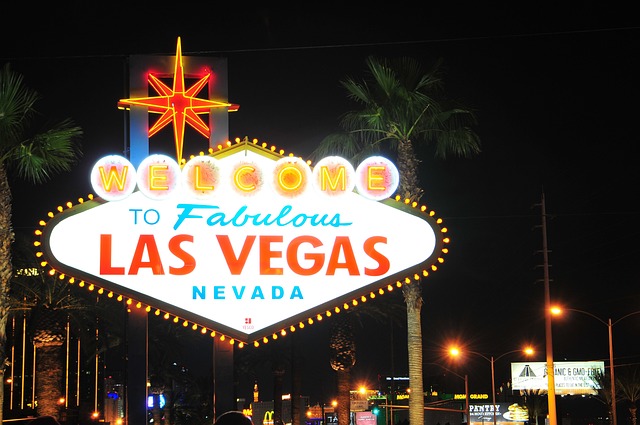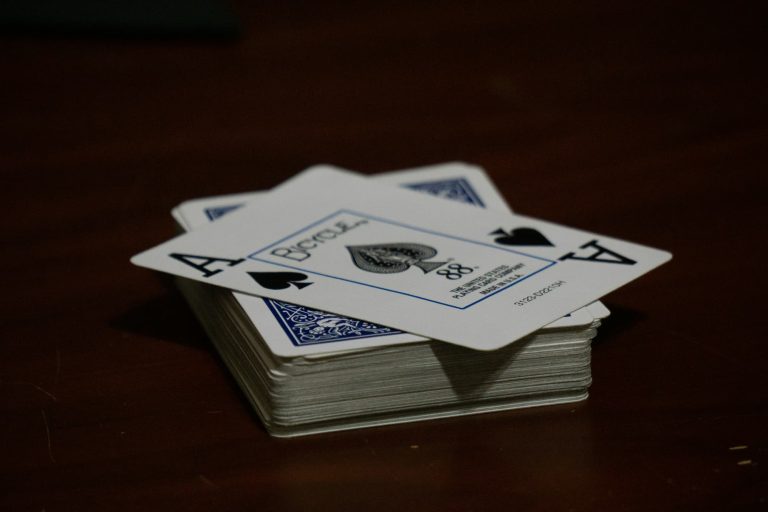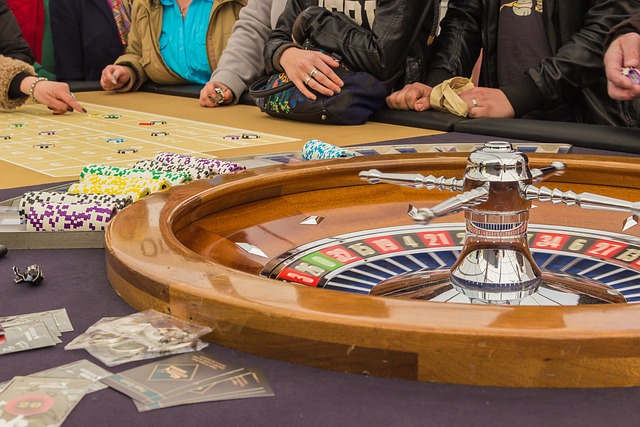
Gambling laws vary dramatically from one country to another, and one of the most important legal aspects is the minimum age to gamble. Whether you’re traveling, betting online, or just curious, it’s essential to understand how gambling age restrictions work globally. These laws help regulate access to casinos, lotteries, sports betting, and online platforms—often with separate rules for different types of gambling. In this guide, we’ll explore how age restrictions vary across the world and what you need to know to stay compliant.
Why Gambling Age Restrictions Exist
Minimum age laws are designed to:
- Protect minors from the risks of gambling addiction
- Ensure players can make informed financial decisions
- Comply with international gaming regulations and standards
- Prevent underage access to gambling establishments and websites
Enforcement may include ID checks at land-based venues or KYC (Know Your Customer) verification on online platforms.
Countries Where the Minimum Age Is 18
In many jurisdictions, 18 is the legal age for most forms of gambling. This includes:
✅ Examples:
- United Kingdom – 18 for all gambling (was 16 for lotteries and scratch cards until 2021)
- Germany – 18 for casinos, sports betting, and online gambling
- Australia – 18 for all forms, including poker machines and betting
- Italy – 18 for lotteries, casinos, and betting
- South Africa – 18 across all gambling formats
Some countries allow specific exceptions, such as lower ages for charity raffles or low-stakes games.
Countries Where the Minimum Age Is 21

In other regions, particularly where gambling is more restricted, the minimum age is 21 years.
✅ Examples:
- United States – 21 for casinos in most states (18 for lotteries and tribal gaming in some cases)
- Singapore – 21 for casino entry (social gambling at 18)
- Macau – 21 for casino gambling
- Egypt – 21 for casinos (foreigners only)
- Malaysia – 21 for licensed gambling, and often limited to non-Muslims
In these countries, age limits are often paired with strict access control and religious or cultural considerations.
Countries with Mixed or Unregulated Laws
Some nations don’t have clearly defined national laws or leave it up to regional governments to set the age.
✅ Examples:
- Canada – 18 or 19 depending on the province
- India – Varies by state (some allow casinos, others ban gambling entirely)
- Russia – 18 for betting and lotteries, with strict regulations in special gambling zones
- New Zealand – 20 for casinos, 18 for other gambling forms like sports and lotteries
These mixed systems can create confusion for players and operators, especially in cross-border online platforms.
Online Gambling: How Age Restrictions Are Enforced
Online gambling presents a unique challenge when it comes to age verification. Reputable sites use Know Your Customer (KYC) processes to confirm a player’s identity and age.
Common methods include:
- Uploading a passport or ID
- Proof of address
- Selfies or biometric verification
- Credit card or banking details (age must match account holder)
Unlicensed or offshore platforms may not enforce age restrictions strictly, putting underage users at risk of both legal and financial harm.
Penalties for Underage Gambling

The consequences of gambling underage vary by country and can include:
- Fines for the individual or guardian
- Bans from entering gambling establishments
- Loss of winnings if the player is found to be underage
- Licensing penalties for operators
Casinos and betting sites take these rules seriously to avoid regulatory breaches and reputational damage.
Final Thoughts: Know Before You Play
Gambling age restrictions are more than just numbers—they’re legal requirements that protect players, operators, and the integrity of the gaming industry. Whether you’re gambling in person or online, make sure you understand the local laws and platform rules.
When in doubt, check with the operator or a government source. Responsible gambling starts with knowing the rules—and following them, wherever you play.






